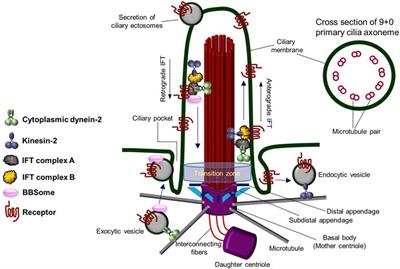EDITORIAL
Published on 23 May 2024
Editorial: Molecular mechanisms of cilia related diseases
doi 10.3389/fmolb.2024.1421419
- 696 views
7,012
Total downloads
35k
Total views and downloads
EDITORIAL
Published on 23 May 2024
REVIEW
Published on 08 Mar 2024

ORIGINAL RESEARCH
Published on 12 Dec 2023
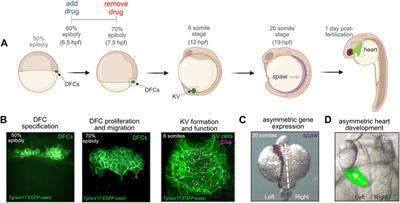
BRIEF RESEARCH REPORT
Published on 12 Dec 2023
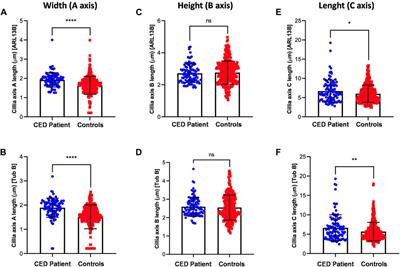
ORIGINAL RESEARCH
Published on 23 Nov 2023
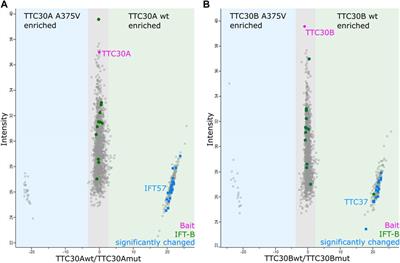
BRIEF RESEARCH REPORT
Published on 06 Nov 2023
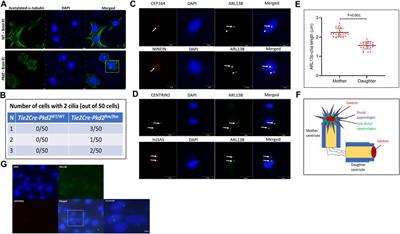
ORIGINAL RESEARCH
Published on 06 Nov 2023
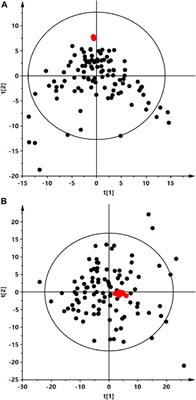
ORIGINAL RESEARCH
Published on 23 Oct 2023
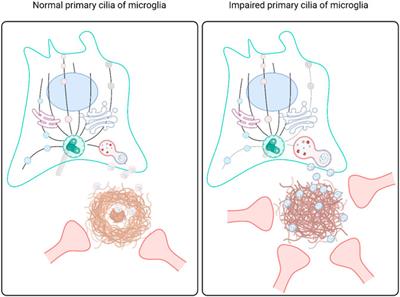
ORIGINAL RESEARCH
Published on 17 Oct 2023
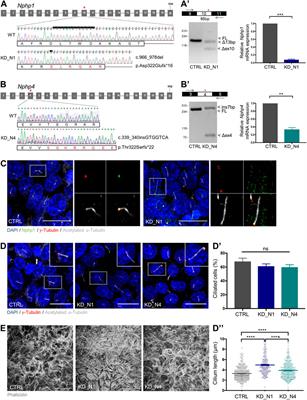
MINI REVIEW
Published on 16 Oct 2023
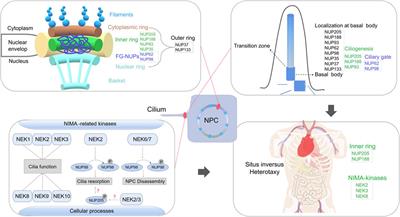
ORIGINAL RESEARCH
Published on 03 Oct 2023
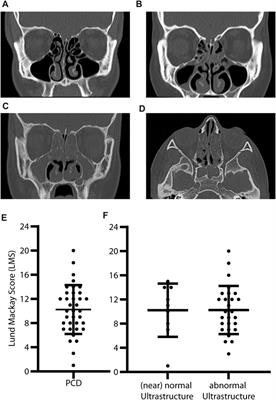
REVIEW
Published on 02 Oct 2023
